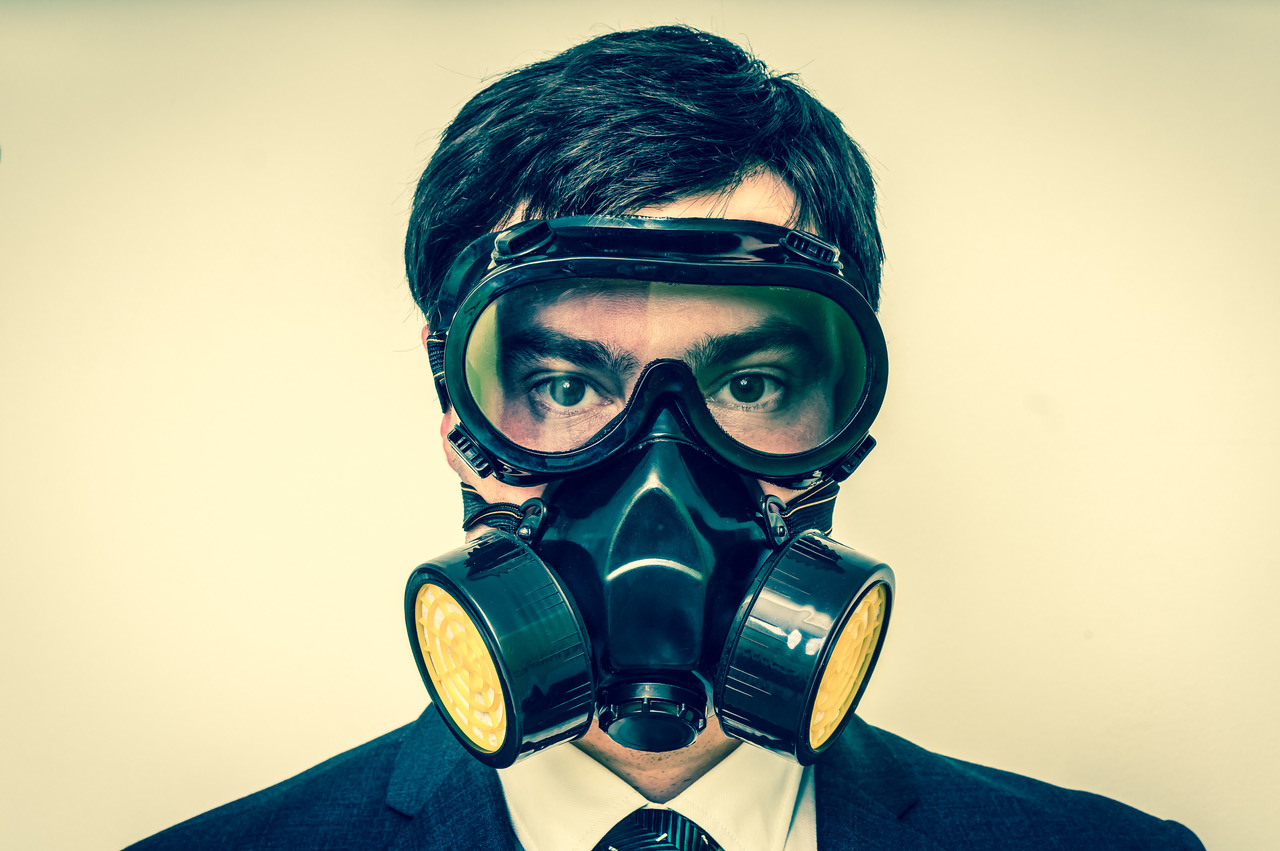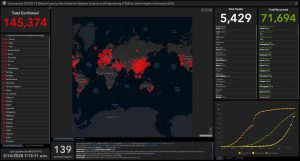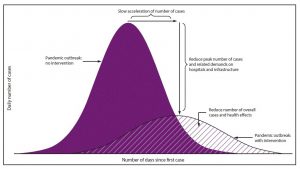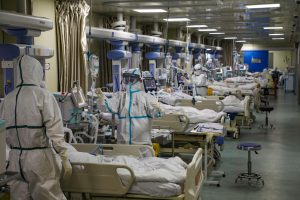Saturday 14 March 2020

You can always try a gas mask but you must still wash your hands (courtesy andriano_cz)
I am not sure the media has got it right, challenging the government in a time of national crisis. There are times and there are times, but when a population is largely terrified, as the UK certainly is, to cast doubt on its leaders must be a recipe for trouble. Next stop is social unrest, always lurking just around a corner.
I am no public health expert, but I am a medic, and until the media started questioning our government’s decisions about quarantine, I was completely happy with our direction. I was not happy about the virus, but I was content with the instructions I had received. If anything, I thought the missives to be a little slow arriving. Most medics had taken personal action at least 48 hours before the government made its announcements anyway. I struggle to see why people have any difficulty with reorganising their diaries. What is wrong with cancelling everything right away? Clear the decks, we are now in virus mode, and reawaken things when it is all over.

The situation this morning – 14 March 2020 (courtesy Center for Systems Science and Engineering at Johns Hopkins University)
A single fact has stuck in my mind and from that everything follows. It is that Covid-19, now it is here, will always be here, and is part of our global community. Guesstimates, and they are just that, suggest that up to 80% of us will develop this disease at some point in the future, whatever we do to avoid it.
If I am destined to catch it anyway, I would like that day to be as far away as possible so that I can benefit from the herd immunity created when lots of people catch a disease. Herd immunity is a form of indirect protection from infectious disease that occurs when a large percentage of a population has become immune to infection, as this provides a degree of protection to those who have yet to develop immunity.
A popular phrase these days is “flatten the curve”. This is an attempt to avoid the spiky peak of a rapid increase in new infections, and to distribute those infections over time. The concept is widely practised for the mitigation of pandemics and is extensively discussed in the scientific literature. To me, the idea seems logical as it brings the number of new cases to a level when a struggling NHS might just manage. The total number of cases will be the same, possibly slightly reduced. The agony just goes on for longer.

Flattening the curve and mitigating a pandemic (Qualls N, Levitt A, Kanade N, et al. Community Mitigation Guidelines to Prevent Pandemic Influenza – United States, 2017. MMWR Recomm Rep 2017; 66(No. RR-1)1–34.)
The figures show that 20% of those infected will have a severe disease. A number will pop off in the process. It is this 20% that are likely to end up in hospital and some of those will need artificial ventilation on an intensive care unit (ICU). Twenty percent may not sound much, but 20% of a zillion is still plenty. If you end up in hospital and there is no ventilator for you, you might pop off when there is no need to. This is why the Government is asking manufacturers to make ventilators. Car manufacturers seem to be well positioned to do this. I do hope they ask Rolls Royce or Lamborghini. I could never afford one of their cars, but a second best might be one of their ventilators, should I require assistance with my respiration.
As I look around the world, I see different countries doing different things. Some are in complete lockdown, others are checking out new arrivals, there are liners floating offshore, and some nations have yet to react. There are as many different ways of handling Covid-19 as there are countries affected. What I do not know is if these different systems are directed by science or public pressure. I sometimes feel that each country is trying to outdo the others. The public wants things now, not tomorrow, as the future is so unpredictable. Yet I worry that by doing everything at the start we may increase the chance of folk popping off, when we really want to reduce them.

A coronavirus intensive care unit, which is where you can end up (China Daily_Reuters)
It is this logic that makes me believe what the UK Government is saying, but I am just a surgeon and know little of respiration and nothing of epidemiology. I have seen an open letter signed by 355 scientists. In it they question the government’s stance. I listen to interviews on radio and television, as journalists ask questions designed to make politicians stumble. Why? Right now, we should be holding the line. I will remain a curve-flattener for the moment.
I made it to my elderly relative today, who is being looked after in the home by a carer. I was greatly impressed. The carer opened the front door moments after my ring, and immediately asked, “Do you have a cold?”
“No,” I replied, as currently Covid-19 has not had its way with me. I feel rather guilty when I admit to being well.
“Come in, then,” said the carer, “you can wash your hands over there.” She pointed to the kitchen sink, the bar of soap positioned beside it and the clean hand towel hanging nearby.
I did as instructed and then ushered myself into a living room to greet the relative I had come to see.
After some initial chit-chat, we got talking. “How are you handling this crisis?” I asked.
My relative looked at me puzzled and asked, “What crisis?”
“The virus,” I replied.
“That’s no crisis,” came the reply, a hand waving dismissively.
I must have looked perplexed.
“I was in World War Two,” came the explanation. “When I was eight years old, I would go walking by myself in the fields near our home. My mother said that if I was attacked by a German fighter, I was to find the nearest soldier and ask him to protect me. It only happened once.”
“Did you find the soldier?” I asked.
There was a brief nod, a mischievous smile, with the description, “He threw himself on top of me.”
I am lucky to live in central London and once I returned from seeing my relative, took a stroll around my nearby streets. They do harbour some expensive shops. Lesson one for all central London residents is to be sure to leave your credit card at home. It is all too easy to empty a bank account even in the middle of a crisis. But masks were now more evident, and posh ones as well. This was not an area with flimsy, self-destructing designs that dissolve at the first sight of dribble. There were two model-like ladies window-shopping, each sporting an upmarket FFP3 facemask that was spotlessly white and clearly donned specially for the occasion.
But first prize goes to the man in elegantly tailored sports jacket and pressed flannels, who wore a brand-new gas mask. You can buy a car for less money, in my view, but he had the desired effect. The rest of the street, with perhaps 50 strolling window-shoppers, of whom maybe ten wore masks, turned and stared. The man pretended not to notice, but I could sense he saw everything.
I was not about to tell him there was little purpose in wearing a mask at all. Take off the mask, touch your face with unwashed hands, and mask-wearing is worthless.
